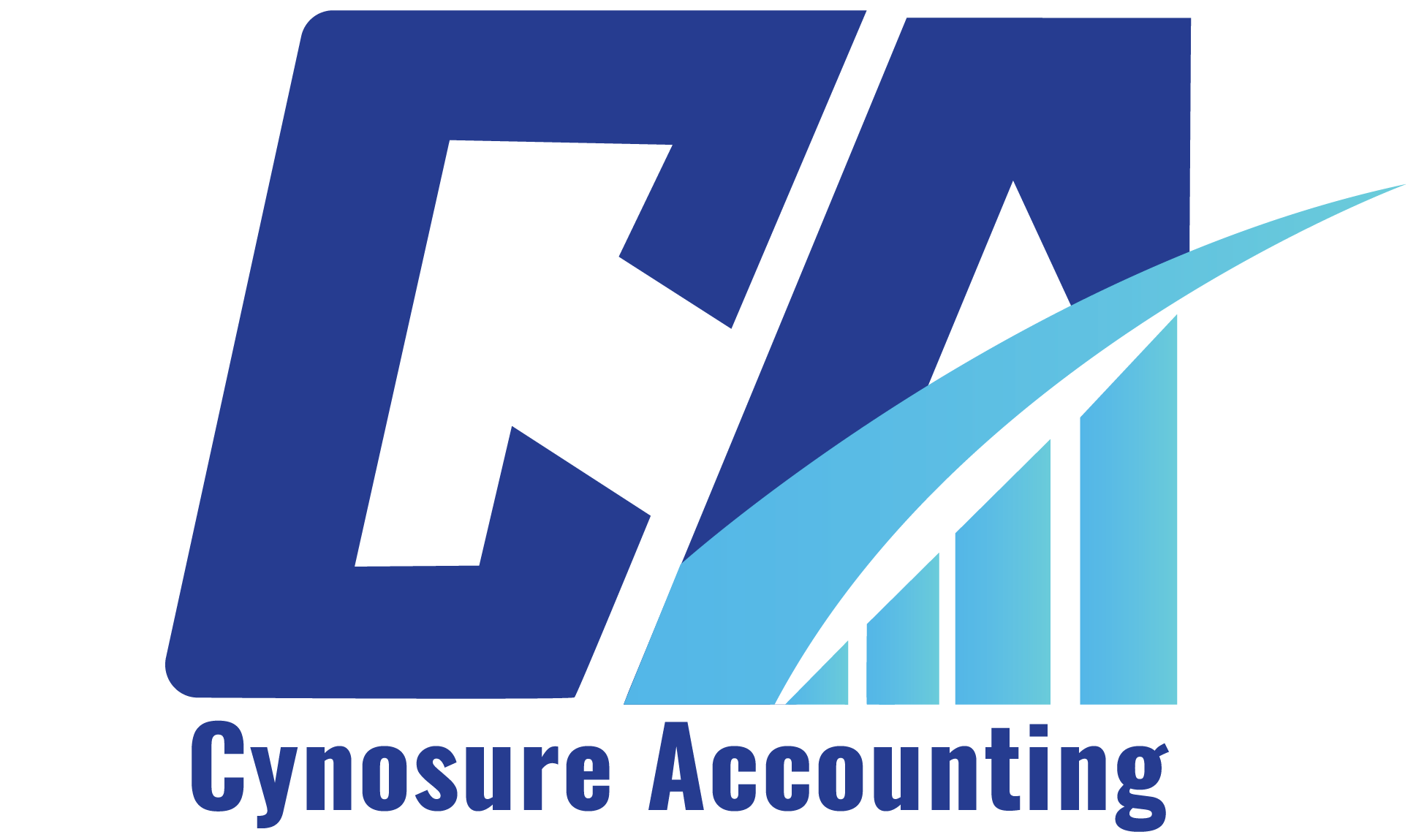Payroll audits are a critical component of any organization’s financial health. They ensure that employees are paid accurately, taxes are filed correctly, and compliance with labor laws is maintained. At the heart of this process lies Employee Wage Verification, a practice that confirms the accuracy of wage and salary data. This article explores why Employee Wage Verification is essential, how it impacts various aspects of business operations, and why it should be a priority for employers.
What is Employee Wage Verification?
Employee Wage Verification is the process of confirming the accuracy of an employee’s wage or salary information. This can involve cross-checking payslips, employment records, and other financial documents to ensure consistency and correctness. It is often used during payroll audits, pre-employment screenings, and even external processes like loan applications or child support cases.
For employers, wage verification ensures that payroll systems are error-free. For employees, it provides transparency and trust in their compensation. For third parties like mortgage lenders or insurance companies, it serves as a reliable source of income confirmation.
Why Employee Wage Verification Matters in Payroll Audits
1. Ensures Payroll Accuracy
Payroll errors can lead to significant financial and legal consequences. Mistakes in salary calculations, overtime payments, or tax withholdings can result in penalties, employee dissatisfaction, and even lawsuits. Employee Wage Verification acts as a safeguard, ensuring that every dollar paid aligns with employment agreements and legal requirements.
2. Supports Compliance with Labor Laws
Labor laws require employers to maintain accurate payroll records. During audits, regulatory bodies may request proof of wages paid to employees. Wage verification provides this evidence, helping businesses avoid fines or wrongful termination claims.
3. Builds Trust with Employees
When employees see that their wages are verified and accurate, it fosters trust in the organization. This transparency can improve morale and reduce disputes over pay.
How Employee Wage Verification Impacts External Processes
1. Loan Applications and Mortgage Lending
Mortgage lenders and banks often require proof of income before approving loans. Employee Wage Verification provides this proof, ensuring that applicants meet income requirements. Without accurate verification, loan applications may be delayed or denied.
2. Child Support and Legal Disputes
In cases involving child support or legal disputes, courts may require verified wage information to determine appropriate payments. Employers may be asked to provide payslips or salary details, making wage verification a crucial step.
3. Lease Agreements and Insurance Claims
Landlords and insurance companies may also request wage verification. For example, a landlord might verify an applicant’s income before approving a lease agreement. Similarly, insurance companies may use wage data to process claims related to lost income.
Best Practices for Employee Wage Verification
1. Use Reliable Tools and Services
Companies like Experian offer background checks and wage verification services that streamline the process. These tools ensure accuracy and save time for employers.
2. Obtain Employee Consent
Before conducting wage verification, employers must obtain written consent from employees. This is especially important during pre-employment screenings or when sharing data with third parties.
3. Maintain Accurate Records
Employers should keep detailed records of wages, salaries, and payslips. These records should be easily accessible during audits or when verification requests arise.
4. Train Payroll Staff
Proper training for payroll staff ensures that wage verification processes are followed correctly. This reduces the risk of errors and improves efficiency.
Common Challenges in Employee Wage Verification
1. Data Privacy Concerns
Employees may worry about how their wage information is used. Employers must address these concerns by being transparent about the verification process and ensuring data security.
2. Inconsistent Record-Keeping
Inaccurate or incomplete records can complicate wage verification. Employers should implement systems to maintain consistent and up-to-date payroll data.
3. Third-Party Requests
Handling verification requests from mortgage lenders, insurance companies, or legal entities can be time-consuming. Employers should establish clear procedures for responding to these requests.
The Role of Technology in Wage Verification
Modern payroll systems and verification tools have made the process faster and more accurate. Automated systems can cross-check wage data, flag discrepancies, and generate reports for audits. Employers can also use phone or online platforms to respond to verification requests efficiently.
Employee Wage Verification is more than just a routine check—it’s a vital practice that ensures payroll accuracy, compliance, and trust. Whether it’s for internal audits, loan applications, or legal disputes, wage verification plays a key role in maintaining transparency and reliability. By adopting best practices and leveraging technology, employers can streamline the process and avoid costly errors.
In today’s complex business environment, prioritizing Employee Wage Verification is not just a good practice—it’s a necessity.

